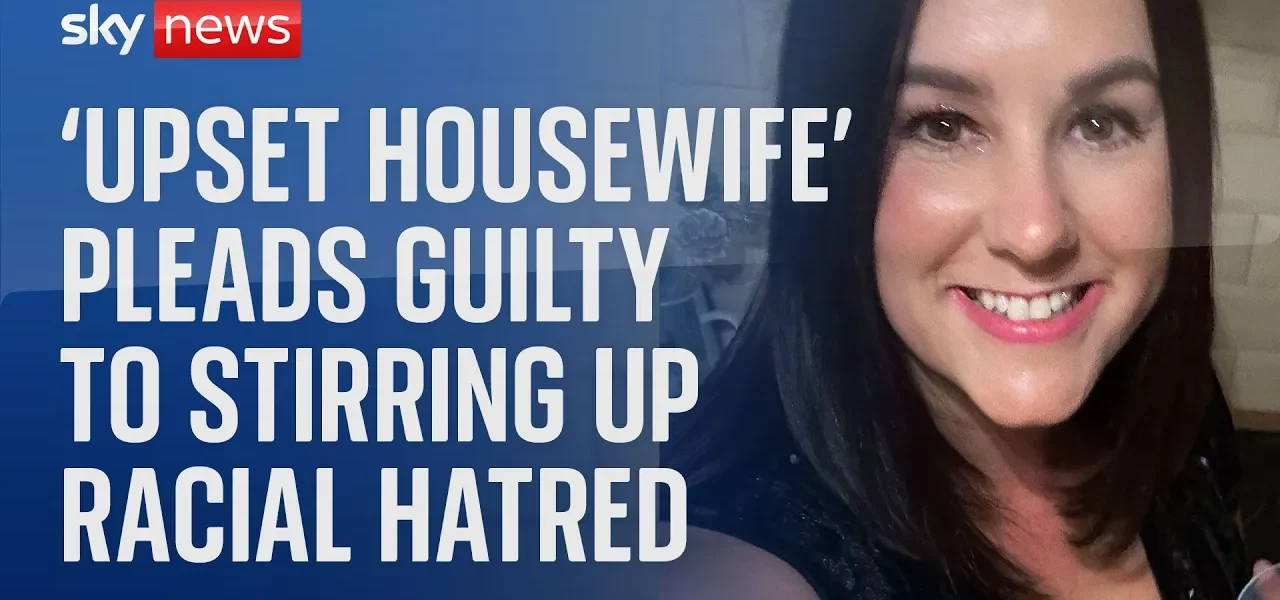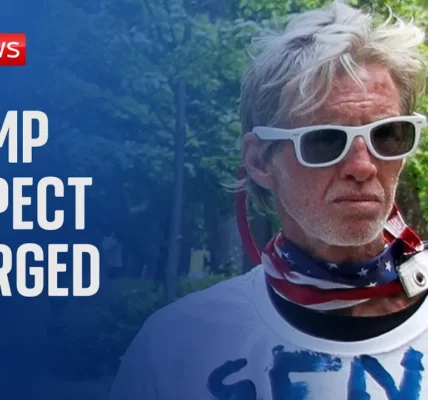Lucy Connolly’s Court Case: An In-Depth Analysis

This article explores the recent legal proceedings involving Lucy Connolly, her social media actions, and the wider implications of racism and public response in the wake of a tragic event.
Introduction
The case of Lucy Connolly has garnered significant attention in recent months, primarily due to her controversial social media posts following a tragic event in Southport. This article provides an in-depth exploration of the circumstances surrounding her actions, the legal proceedings that ensued, and the broader societal implications of her statements. As conversations around racism and accountability in the digital age continue to evolve, the case presents an important case study for understanding these dynamics.
The Context of the Incident
The incident that led to Lucy Connolly’s court case stemmed from the tragic stabbings of three girls in Southport. The public response was rife with speculation and misinformation, particularly regarding the ethnicity of the attacker. In this charged atmosphere, Connolly took to Twitter to express her views, which many have deemed inflammatory and racist.
Background of the Stabbings
The Southport stabbings were a shocking event that rocked the community. In the aftermath, misinformation spread rapidly, leading to public outrage and heightened tensions. The media played a significant role in shaping the narrative, often without verified information.
Social Media’s Role
Social media platforms have become battlegrounds for public opinion and discourse. Connolly’s tweets were a reflection of a larger trend where individuals feel emboldened to express extreme views anonymously or semi-anonymously. The consequences of such expressions, however, can be severe.
Details of the Court Case
Lucy Connolly’s court case was a pivotal moment in the ongoing conversation about social media accountability. The hearing lasted approximately seven minutes, during which Connolly pleaded guilty to charges stemming from her tweet.
The Content of the Tweet
In her now-infamous tweet, Connolly stated, “Mass deportation. Now set fire to all the expletive hotels full of the expletives for all I care if that makes me racist so be it.” This statement was made in the context of the stabbings and reflected a disturbing sentiment towards asylum seekers.
Legal Ramifications
The legal implications of Connolly’s tweet are significant. The courts have been increasingly strict regarding inflammatory rhetoric on social media, particularly when it incites violence or hatred.
- Connolly’s tweet was not an isolated incident; it was part of a broader trend of online harassment towards asylum seekers.
- Another individual, Tyler Kay, who replicated Connolly’s tweet, received a prison sentence of over three years as a result of his actions.
- The prosecution aims to set a precedent that social media behavior has real-world consequences.
Public Reaction and Implications
The public reaction to Connolly’s case has been mixed, revealing deep divisions in opinions regarding freedom of speech and accountability. Many argue that her statements are reflective of a growing undercurrent of racism within society.
Media Coverage
Media coverage has played a crucial role in shaping public perception of the case. The portrayal of Connolly’s actions has varied across different outlets, with some emphasizing the need for consequences for hate speech while others focus on her personal circumstances.
Societal Impact
This case serves as a reminder of the power of words and the responsibility that comes with social media platforms. It raises important questions about the extent to which individuals should be held accountable for their online statements.
- Understanding the consequences of online actions.
- Recognizing the societal implications of racist rhetoric.
- Encouraging responsible use of social media.
Conclusion
In summary, the case of Lucy Connolly highlights the complex interplay between social media, public opinion, and the legal system. As society grapples with issues of racism and accountability, it is essential to reflect on the ramifications of our words and actions, both online and offline. The upcoming sentencing in October will likely shed further light on how the courts intend to address such matters in the future. We encourage readers to engage in thoughtful discussion about these issues and consider their own roles in fostering a more inclusive society.
For more information on related topics, please explore our articles on social media accountability and racism in society.
“`




